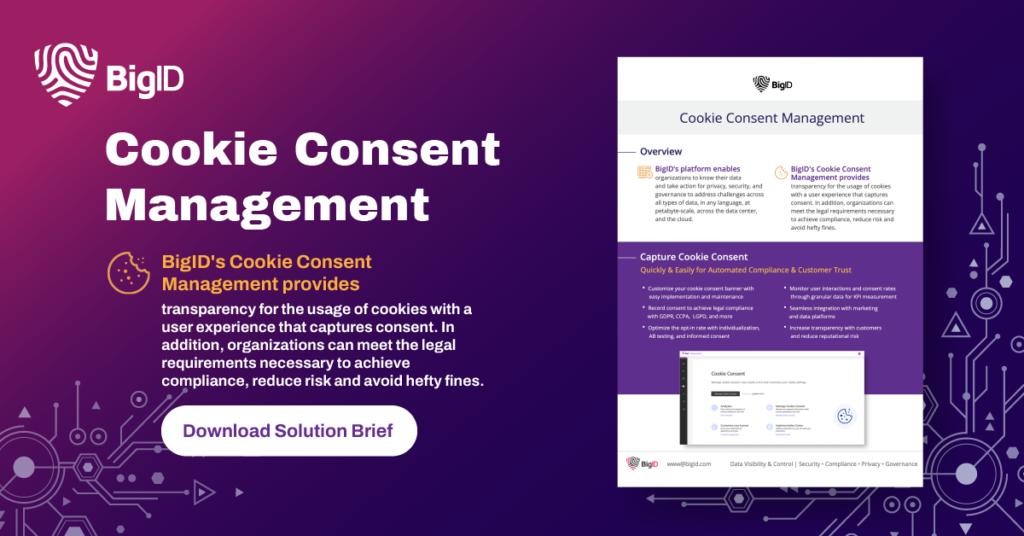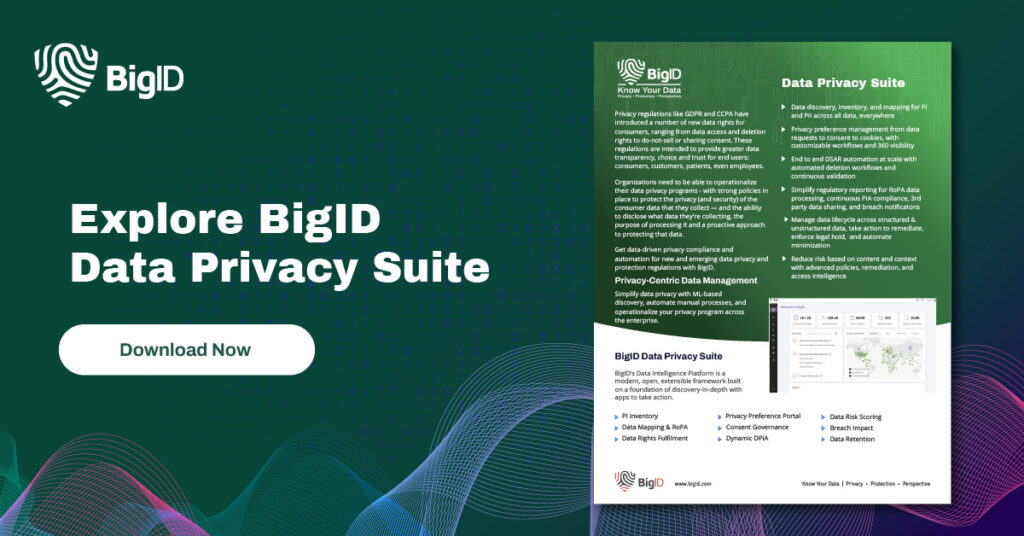What are third-party cookies?
Picture this: You’re browsing your favorite online store, eyeing those trendy sneakers when an ad pops up showcasing the exact pair you were drooling over. How did they know? The answer—- third-party cookies. These clever little bits of code are set by domains other than the website you’re visiting. They track your online activities, allowing advertisers and other entities to deliver personalized content and ads tailored to your interests.
When a user visits a website, third-party cookies can be set by advertisers or other entities that have embedded content, such as ads or social media plugins, on the visited website. These cookies enable these third parties to collect data about the user’s browsing activities across different websites, allowing them to deliver targeted advertisements or gather analytics. However, concerns about privacy and data tracking have led to increased scrutiny and regulations around the use of third-party cookies.
First-party cookies vs third-party cookies
First-party cookies, unlike their counterparts, are set by the website you directly interact with. They mainly serve to enhance your browsing experience by remembering your preferences, login information, and more. They’re like friendly helpers, making your online journey smoother and more personalized.
Whereas, third-party cookies have raised concerns regarding privacy. They track your activities across various websites, building a profile to deliver personalized ads. While some appreciate the tailored experience, others find this intrusive given the potential risks such as:
- Cross-site tracking: Third-party cookies allow advertisers and tracking companies to collect data about a user’s browsing activities across different websites. This enables them to build detailed profiles of individuals, including their interests, preferences, and online behavior, which can be used for targeted advertising. Many users find this tracking invasive and a violation of their privacy.
- User profiling: By tracking users across various websites, third-party cookies can create detailed profiles that contain sensitive information. This profiling can lead to a loss of anonymity, as personal data such as demographics, browsing habits, and even personally identifiable information (PII) may be collected, stored, and shared without the user’s explicit consent.
- Lack of user control: Users often have limited control over the data collected by third-party cookies. These cookies are usually placed on websites by external entities, and users may not have direct visibility into or control over which parties are tracking them. This lack of transparency and control can be concerning for those who value their privacy.
- Data sharing and security risks: Third-party cookies enable data sharing between websites and external entities. The data collected through these cookies can be shared, sold, or accessed by multiple advertisers, analytics companies, or other third parties. The more entities that have access to user data, the higher the risk of data breaches, data misuse, or unauthorized access, which can further compromise user privacy.
- Behavioral targeting: Third-party cookies are often used for behavioral targeting, where personalized advertisements are displayed to users based on their browsing history and interests. While some users may appreciate relevant ads, others may view this practice as intrusive and manipulative, as it relies on tracking individuals without their explicit consent.
Navigating the regulations
Privacy concerns have prompted regulatory actions, leading to the tightening of rules surrounding third-party cookies. The General Data Protection Regulation (GDPR) in the European Union and the California Consumer Privacy Act (CCPA) have significantly impacted data privacy practices. These regulations emphasize transparency, user control, and consent requirements for the use of cookies, including third-party ones.
Some examples include:
- General Data Protection Regulation (GDPR): The GDPR, enforced in the European Union (EU), emphasizes user consent and data protection. It requires websites to obtain explicit user consent before storing or accessing cookies, including third-party cookies. It also grants users the right to be informed about the purposes of cookie usage and the ability to opt out.
- ePrivacy Directive: The ePrivacy Directive, also applicable in the EU, complements the GDPR by specifically focusing on electronic communications. It requires websites to obtain user consent for the use of cookies, including third-party cookies, and provides guidelines for cookie management and user privacy.
- California Consumer Privacy Act (CCPA): The CCPA is a privacy law in California, United States, that grants consumers specific rights regarding their personal information. It requires businesses to disclose the types of personal data collected, including through the use of cookies, and provides consumers with the right to opt out of the sale of their personal information.
As we navigate the vast expanse of the internet, it’s crucial to understand the role of third-party cookies in shaping our online experiences. While they bring personalization and targeted ads, they also raise concerns about privacy and data tracking. With regulations like GDPR and CCPA in place, individuals are gaining more control over their data.

Can third-party cookies be removed?
Absolutely! When surfing the web, it is possible to remove or block third-party cookies. Third-party cookies are created by websites other than the one you’re currently visiting, often for advertising or tracking purposes.
Here are a few ways you can manage third-party cookies:
- Browser settings: Most modern web browsers provide options to control cookies. You can access these settings and choose to block or delete third-party cookies. Look for privacy or security settings in your browser’s preferences.
- Browser extensions: There are various browser extensions or add-ons available that specifically help you manage cookies. These extensions can provide more advanced cookie control options, allowing you to block or delete specific cookies as you browse the web.
- Private browsing mode: You can use your browser’s private or incognito mode, which automatically prevents the storage of cookies and clears them when you close the private browsing window. This ensures that third-party cookies are not retained after your browsing session.
- Opt-out mechanisms: Some advertising networks and data providers offer opt-out mechanisms that allow you to choose not to receive targeted ads based on their cookies. You can visit their websites and follow the opt-out instructions provided.
BigID’s approach to third-party cookies
For organizations looking to better manage and protect their consumers’ online privacy, BigID is the solution. BigID is the leading platform for data privacy, security, and governance, offering scalable solutions leveraging advanced AI and machine learning for deep data discovery.
Easily customize your cookie consent banner with easy implementation and maintenance using BigID’s Privacy Portal and Consent Governance App. Accurately record consent to achieve legal compliance with GDPR, CCPA, LGPD, and more or optimize the opt-in rate with individualization.
To increase transparency with your consumers and maintain privacy compliance—get a 1:1 demo with BigID today.


